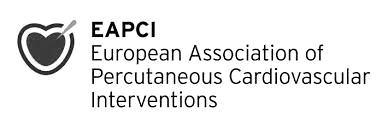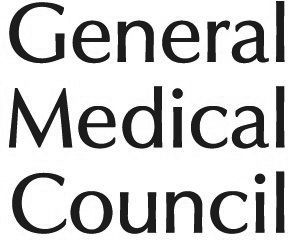Dr Tito Kabir, Consultant Cardiologist
Dr Tito Kabir
Consultant Cardiologist
Dr Tito Kabir MBBS FRCP PhD
Consultant Cardiologist
Areas of expertise
- Atrial fibrillation
- Cardiomyopathy
- Coronary artery disease
- Heart failure
- Interventional cardiology

About Dr Tito Kabir
GMC number: 4029966
Year qualified: 1993
Place of primary qualification: University of London
Dr Tito Kabir is a distinguished cardiologist based at London Bridge Hospital, part of HCA Healthcare UK. He specialises in percutaneous coronary intervention, particularly via the radial approach. Dr Kabir's academic journey began with an MBBS from the University of London in 1993, followed by a PhD from University College London. His extensive training includes a notable period as a cardiology interventional trainee in Switzerland, which has significantly refined his expertise.
Since his appointment in 2011, Dr Kabir has been instrumental in developing innovative programs to tackle resistant hypertension and percutaneous aortic valve procedures. He is proficient in a range of procedures, including stable and emergency coronary angioplasty, TAVI, bifurcation, rotablation, and bypass graft coronary angioplasty. His clinical practice is complemented by a robust background in academic research, with numerous publications in esteemed medical journals.
Dr Kabir is deeply committed to advancing the field of cardiology and sharing his knowledge with peers and patients alike. His interests lie in improving patient outcomes through cutting-edge techniques and evidence-based practices. As a male cardiologist with a strong foundation in both research and clinical practice, Dr Kabir continues to make significant contributions to the medical community.
Areas of expertise
- Acute coronary syndrome (ACS)
- Angina
- Arrhythmia (irregular heartbeat)
- Atherosclerosis
- Atrial fibrillation
- Blood pressure monitoring
- Bradycardia
- Bubble contrast echocardiography
- Cardiac MRI
- Cardio-pulmonary exercise testing
- Cardiology (heart health)
- Cardiomyopathy
- Cardiovascular disease
- Chest pain
- Congestive heart failure
- Coronary angiography
- Coronary artery disease
- CT coronary angiogram
- Dizziness
- ECG monitor
- Echocardiogram
- Electrocardiogram (ECG)
- Exercise stress test
- Heart attack
- Heart failure
- Heart murmurs
- Heart muscle disease
- Heart valve problems
- High blood pressure
- Interventional cardiology
- Loss of consciousness (syncope)
- Neurocardiogenic syncope (vasovagal)
- Palpitations
- Tachycardia
- Valvular heart disease
Professional memberships





Articles by Dr Tito Kabir
High incidence of acute coronary occlusion in patients without protocol positive ST segment elevation referred to an open access primary angioplasty programme.
Inter-hospital transfer for primary angioplasty: delays are often due to diagnostic uncertainty rather than systems failure and universal time metrics may not be appropriate.
Culprit vessel versus multivessel intervention at the time of primary percutaneous coronary intervention in patients with ST-segment-elevation myocardial infarction and multivessel disease: real-world analysis of 3984 patients in London.
Classification of aortic stenosis by flow and gradient patterns provides insights into the pathophysiology of disease
Imaging diagnoses and outcome in patients presenting for primary angioplasty but no obstructive coronary artery disease.
Comparison of outcomes of coronary artery bypass grafting using internal mammary graft versus percutaneous coronary intervention for isolated proximal left anterior descending narrowing
Initial experience of a second-generation self-expanding transcatheter aortic valve: the UK & Ireland Evolut R Implanters' Registry
The prognostic significance of incomplete revascularization and untreated coronary anatomy following percutaneous coronary intervention: An analysis of 6,755 patients with multivessel disease.









